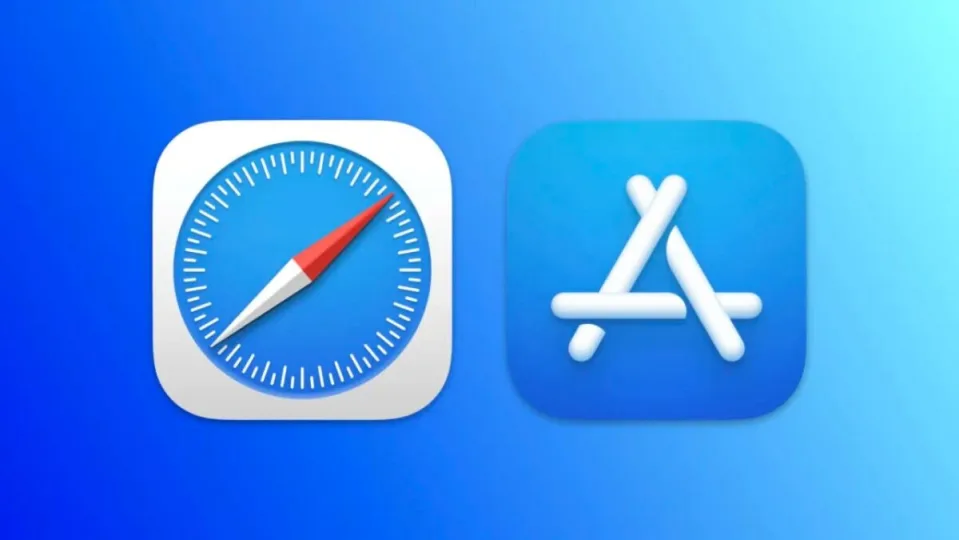The news that Apple will allow direct download of applications from the web on iOS devices in the European Union marks a significant milestone in the history of the App Store and application distribution in general. This change, part of Apple’s adaptation to the Digital Markets Act (DMA), substantially modifies the distribution of applications on the iPhone, but, beyond the striking aspect, what does it exactly represent?
Changes in the distribution of applications for the iPhone
Apple has announced significant changes for developers in the European Union. Now, they will be allowed to distribute applications directly from their websites, whereas before they had to do it from the App Store, an alternative store, or their own app store.
In order to do so, developers must meet certain criteria, such as being members of the Apple Developer Program for two consecutive years or more and having an application with over one million first installations on iOS in the EU during the previous year. Additionally, they must commit to complying with certain requirements, such as publishing transparent data collection policies.
Distributed web applications, like all others, must comply with Apple’s notarization requirements, which provides basic protection against malware, and can only be installed from a web domain registered in App Store Connect.
Parallel to these changes, now third-party app stores can offer apps exclusively from their own catalog. This means that, for example, a game studio could create an app store on iOS that exclusively offers their own games.
What is the panorama after these changes?
This movement undoubtedly opens new doors for developers, allowing them greater autonomy in the distribution of their applications and their promotion. As much as possible, Apple will try to prevent the proliferation of malware through notarization, although it will be up to us as users to see what we install.
While this may seem like a big change, the truth is that if we compare it to the alternative stores that are already available, the difference may be less than it seems at first glance. It remains to be seen how installed applications via the web will be updated.
Beyond the ability to offer the app without going through intermediaries, the two major changes will revolve around privacy and content. While the App Store has strict rules to protect our privacy, third-party stores may have a different approach in this regard. In apps distributed directly from the web, the rules are those that each developer wants to apply.
In a similar vein, there is the content. The App Store does not allow, for example, applications that display nudity or other similar content. Third-party stores may apply different policies to this type of content, but in a web app the rules disappear.
Like other changes we have been seeing lately, we will have to wait some time before we can appreciate its true extent. Undoubtedly, the app distribution system on the iPhone is going to change, the question that remains is whether it will be better or worse than it was a few weeks ago. We will see how the situation evolves.


